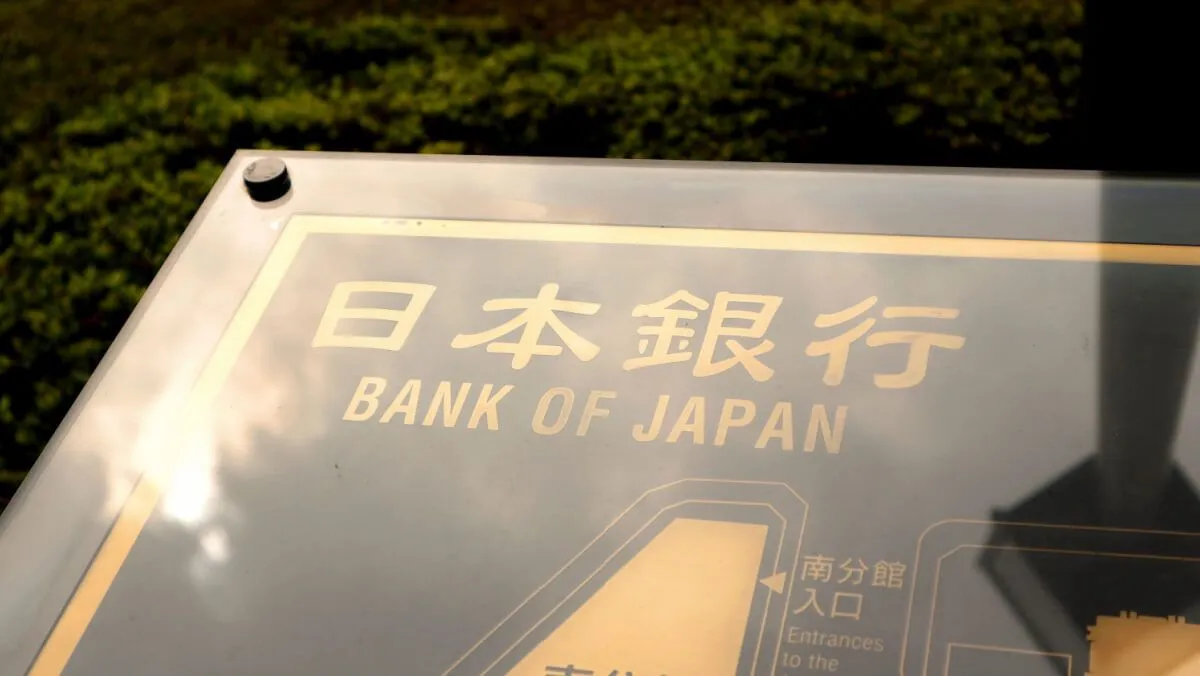Tuesday Feb 27 2024 16:01

4 min

According to a Reuters survey, over 80% of economists anticipate the Bank of Japan (BoJ) to end its negative interest rate policy in April, after eight years.
This represents a significant departure from its longstanding soft monetary policy stance, which has been at odds with global central banking trends, as institutions such as the European Central Bank appear to be sticking to their guns in what has become known as the “higher for longer” position on interest rates.
Similarly, 76% of those polled expect the BOJ to abandon its Yield Curve Control (YCC) measures during the same period, with the consensus being that this will effectively mark the end of Japan's ultra-loose monetary policy.
This shift is expected to come despite a recession in Japan and ahead of anticipated rate cuts by other major central banks.
In a recent poll conducted by Reuters between February 15 and 20, 83% of economists (25 out of 30) predicted the BoJ would move away from its current -0.1% short-term deposit rate, established in January 2016, by April this year.
Yoshimasa Maruyama, chief market economist at SMBC Nikko Securities, told Reuters:
"(The BOJ) can make a decision at April's meeting based on the preliminary results of the annual labour-management wage talks for big firms and the hearings from BOJ branch managers on wage trends in small and mid-sized firms”.
Views on the exact timing varied, with some, such as Daiwa Securities and T&D Asset Management, predicting changes as early as March. Other entities have forecast a change by June, while several others foresaw adjustments in 2025 or beyond.
Mari Iwashita, Daiwa Securities' chief market economist, spoke to Reuters referring to an impending policy shift by the BOJ's peers:
"The longer (BOJ) waits, the more likely it is to miss the right moment as the uncertainty of foreign factors increase”.
However, 91% of those offering quarterly rate forecasts expect the negative interest rate policy to conclude by the end of the year — up from 82% in a similar poll in January.
Despite these changes, BoJ Governor Kazuo Ueda has emphasized that Japan's monetary conditions are likely to remain supportive following the end of negative rates.
The survey also highlighted expectations for the conclusion of the BoJ’s Yield Curve Control (YCC) policy, with 86% of economists (25 of 29) predicting its end — a sentiment consistent with previous polls. The majority believe this change will coincide with the end of negative interest rates in April.
Economists are also forecasting significant wage growth in the next fiscal year, with predictions of higher increases in average wages and base salaries than the previous year's 3.58% at large Japanese firms. This optimism extends to smaller firms, with 90% expecting wage hikes to surpass last year's figures, a marked increase from earlier polls. Predicted pay increases range between 3.6% and 4.36% for large companies and 1.5% to 4% for the broader business landscape.
Japan’s key stock market index, the Nikkei 225, has traded up over 2% over the past 5 days, last closing at 39,239.52.
When considering shares and indices for trading and price predictions, remember that trading CFDs involves a significant degree of risk and could result in capital loss.
Past performance is not indicative of any future results. This information is provided for informative purposes only and should not be construed to be investment advice.